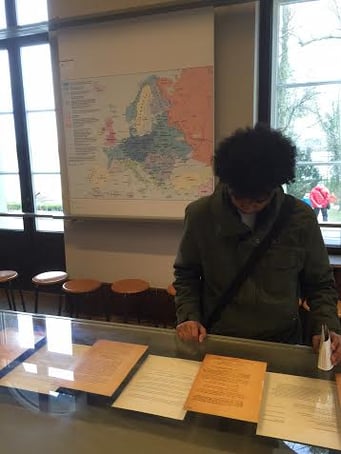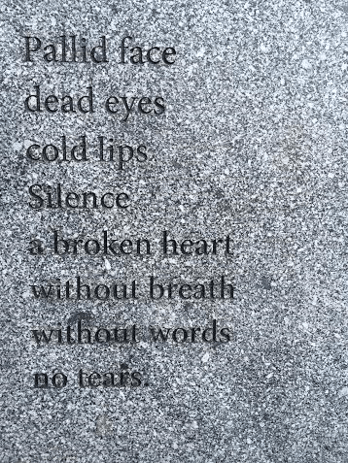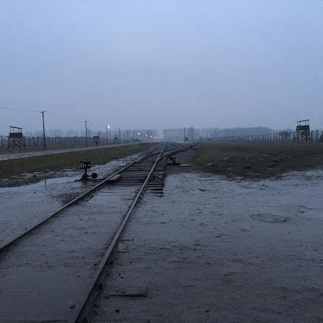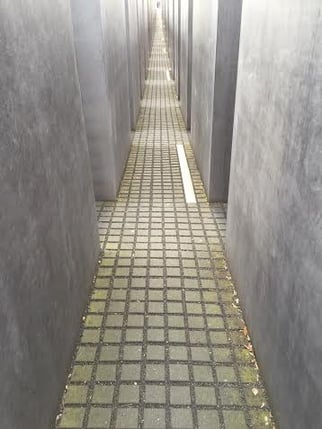During the March Break of 2016, a group of 31 students from three Toronto District School Board schools travelled to Germany, Czech Republic and Poland to learn about the history of Jewish life in Europe, and the Holocaust. These students were currently taking, or had previously taken, the Grade 11 elective course, Genocide and Crimes Against Humanity. As part of the process leading up to the trip, they participated in two pre-trip meetings to help prepare them for reality of actually facing the difficult history that they had previously only read and heard about in class. The final official part of the trip took place at the end of April when we gathered together again to share memorials to our experience learning about this history in the places that it actually happened.
I don’t want this to be a travelogue. I want this to be an acknowledgement of the amazing young people who dedicated their March Break to learning and remembrance. Therefore, in honour of being at the end of a cycle in the Facing History and Ourselves journey, this will be my memorial to my students choosing to participate.
Here is what I took away from this experience
1. It is disconcerting being in places that have so much terrible history, in large part because life has continued around, and sometimes, right over it. One of these places is the memorial to Plaszow Concentration Camp in Krakow. There are memorials to what the place was, but it is also a park where people jog and walk their dogs, with big box stores across the street. Just over 70 years ago, Oskar Schindler used Jewish slave labour from this camp in his factory. Just over 70 years ago, the notorious Amon Goethe was commandant of Plaszow. It is hard to reconcile these things as a person from across the ocean. It makes me wonder about how people who live there think about the history of places like these. Although, as a Canadian, perhaps the answer to the question of how one can live on land with a tragic history is much closer to home than I wanted to admit at that moment.


Above: Student studying primary documents at the Wannsee Museum
Above: Poem at Memorial to the Sinti and Roma victims of National Socialism
2. It feels like a cliche as I write it, but young people will surprise you if you give them the opportunity, and proper preparation for intense and difficult experiences. After each difficult visit (Dachau, Plaszow, Auschwitz-Birkenau, Berlin Memorials) we would gather to debrief our experience. Each time I was blown away by the insightful, compassionate, personal, outraged, sad, and hopeful connections that these young people made. As a person who spends a lot of time studying difficult history and has previously travelled to these places, and more, I can say that I don’t cry easily. They brought me to tears every time. They made me grateful that I do what I do and hopeful about the future. What more can an educator ask for?
Below: Entrance to Birkenau


3. You can’t provide a “perfect” experience, in a classroom or in the real world. Whether it is rain and snow when you are outside at Birkenau for two and a half hours, or ignorant people being disrespectful to the public space at the Memorial to the Murdered Jews of Europe in Berlin, you and the students can only do your best. And in those moments that seem less than perfect, you can learn amazing things about yourself and others. Students will wander around in the cold for a long time when they want to learn about, honour and respect the space they are in. Students will display passion and courage in enlightening the ignorant, a passion and courage that you hope travels with them, and you, long after returning home.


Above: Memorial to the Murdered Jews of Europe
We grow and learn best when challenged and supported. We see the best of people when we help put them in a position to succeed, then step back and allow them to show us. We exhibit responsibility when we feel that we have the ability to respond.
How have you used field trips and experiential learning to deepen learning for your class? I’d love you hear your stories!
